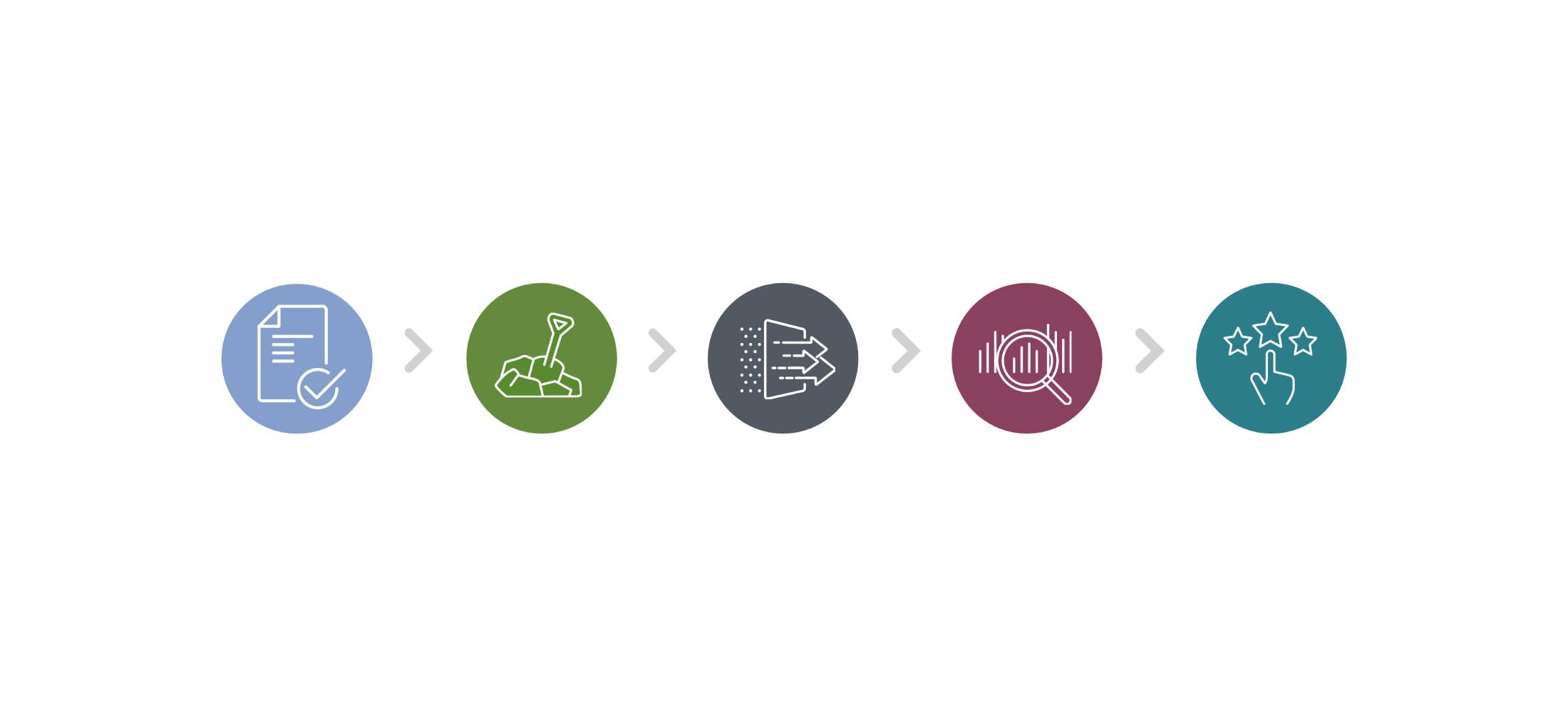
This post is the second in a series of blog posts with Ceri Dean, Danette Parsley, and Mike Siebersma to introduce the School Improvement Consultant Framework.
I was fresh out of a run as a middle school principal in 2008 and had been hired to be a consultant supporting improvement efforts in elementary schools in Saint Louis and the Twin Cities. My base assumption was that I had been hired as a consultant because of all the knowledge and skills that made me successful as a principal.
After a few meetings with the school leadership teams in my new role, it was clear to me that trying to act like a principal in a school where I wasn’t the principal was not a recipe for success as a consultant.
I looked around at my consultant colleagues. I saw some who were also former administrators, one who had worked for an intermediate service agency, and one who had joined us from a state education agency. We all seemed to approach our role a little differently. Some seemed to enjoy telling people what they should do, some asked a lot of questions, and some seemed to sit passively.
I began asking myself, “What is the job of a consultant?” Consulting guru Peter Block gave me some critical insight with his clear distinction between consultants and managers.
“A consultant is a person in a position to have some influence over an individual, group, or an organization, but who has no direct power to make changes or implement programs. A manager is someone who has direct responsibility over the action. The moment you take direct responsibility, you are acting as a manager”
(Block, 2000, p. 2)
The experiences I had as a principal (manager) were highly valuable in my work with schools, but trying to be a substitute principal was not helpful. I needed some more clear guidance on how to be an effective consultant and what I was supposed to do.
As part of our School Improvement Consultant Framework, my colleagues and I have distilled a set of six principles for people who work in education and would fit Peter Block’s definition of a consultant. They are pretty straightforward to read but take years to hone in practice:
- Be helpful
- Pay attention to everything, all the time
- Take purposeful action
- The client owns the work
- Be flexible and responsive
- Everyone is a learner
You may be a district employee working in curriculum and instruction, an intermediate service agency provider, a contractor or employee of a state education agency, or someone who consults independently—these principles are for us and for you.





